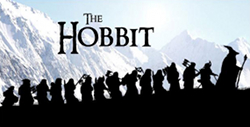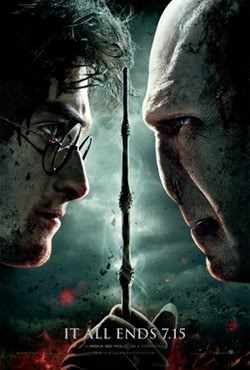Review: ARMADILLO – Presented by the TIFF Bell Lightbox
Between Cannes Critics’ Week Grand Prize winner Armadillo, the Oscar-nominated Restrepo, and forthcoming Hot Docs selection Hell and Back Again, the unprecedented access afforded to Afghan war journalists has yielded some of the most powerful nonfiction filmmaking in recent memory. All three films are remarkable achievements, to say nothing of the enormous risks to life and limb endured by all involved (as grimly underscored by Tim Hetherington’s untimely passing). If there’s a single moment among them, however, that most memorably encapsulates the literal shock and awe of contemporary combat, it’s delivered by Armadillo’s Danish director-cinematographer duo, Janus Metz and Lars Skree.
That moment, which resounds, hauntingly, even in the film’s trailer, is a ten-second close-up of an injured infantryman named Grejs. As a medic tends the bullet wound above his bicep, Skree, mere feet away, allows his camera to linger on the young soldier’s face. Grejs’ eyes bulge – comically, but for the grave context. With whites distended, exaggerated against the surrounding soot, soil, and smeared war paint, he holds his vacant stare for the duration of the shot.
It’s a stunning episode for subject and audience alike, and typical of Armadillo’s visceral immediacy. Of the three films, together likely to define the troops-eye-experience of the conflict in Afghanistan, Metz’s is the most overtly subjective. Entirely free of narration or after-the-fact interviews, he seeks to simulate the experience of ISAF soldiers on the ground, from the banalities of base life to bullet-dodging engagements in the Taliban-populated Green Zone. He also captures the frustratingly circular interactions with beleaguered Afghani civilians, reluctant to cooperate for fear of Taliban reprisal. (Similar scenes in Restrepo and Hell and Back Again suggest the persistent, pernicious Taliban influence, and the arduousness of the ISAF task.)
In the film’s rawest moments, Skree’s camera work is as rough and ragged as it needs to be, but Armadillo is otherwise tremendously well made, and often genuinely beautiful. Cut and colour graded to maximum cinematic effect, Skree’s images are assembled with the delicacy of a dramatic feature by Metz and editor Per K. Kirkegaard. Together with Uno Helmersson’s spare, foreboding score, the results are uniquely evocative.
Focused principally on five members of a Danish platoon, Armadillo is also notable for achieving its subjectivity from an extraamerican perspective. For the Danes, their six-month tour is as much about adventure and camaraderie as it is about turning the Taliban tide. As Mads, a diminutive Thom Yorke lookalike, explains to family in an opening scene, war is “like football”. “You learn so and so much though practice, but you learn more by playing matches.” It’s an analogy that proves particularly apt late in the film, amid raucous post-patrol celebrations. With bravado befitting a victorious locker room, the soldiers toast the “liquidation” of five encircled insurgents in the same exchange that injured Grejs.
The incident seemingly disabused a national notion than Danish boys would be immune from war’s dehumanizing effects, and provoked well-publicized debate upon the film’s domestic release. Metz captures both the frenzied firefight and the first murmurings of its political fallout back on base, but declines any temptation to turn Armadillo into an exposé. Indeed, his strictly micro level perspective is arguably more valuable, graphically illustrating that the fog of war is ethical, as well as tactical, and suggesting the naivety of civilian indignation. Patently, war isn’t something you can accurately experience by proxy, but Metz’s film offers an important glimpse, and must come uncommonly close.
Armadillo screens exclusively at the TIFF Bell Lightbox, through July 14. Visit Tiff.net for show times and ticketing details.















 Review: ANG NINANAIS
Review: ANG NINANAIS Review: Beginners
Review: Beginners Review: Drag Me To Hell
Review: Drag Me To Hell Review: ARMADILLO – Presented by the TIFF Bell Lightbox
Review: ARMADILLO – Presented by the TIFF Bell Lightbox Trailer: Mysteries of Lisbon
Trailer: Mysteries of Lisbon




















































